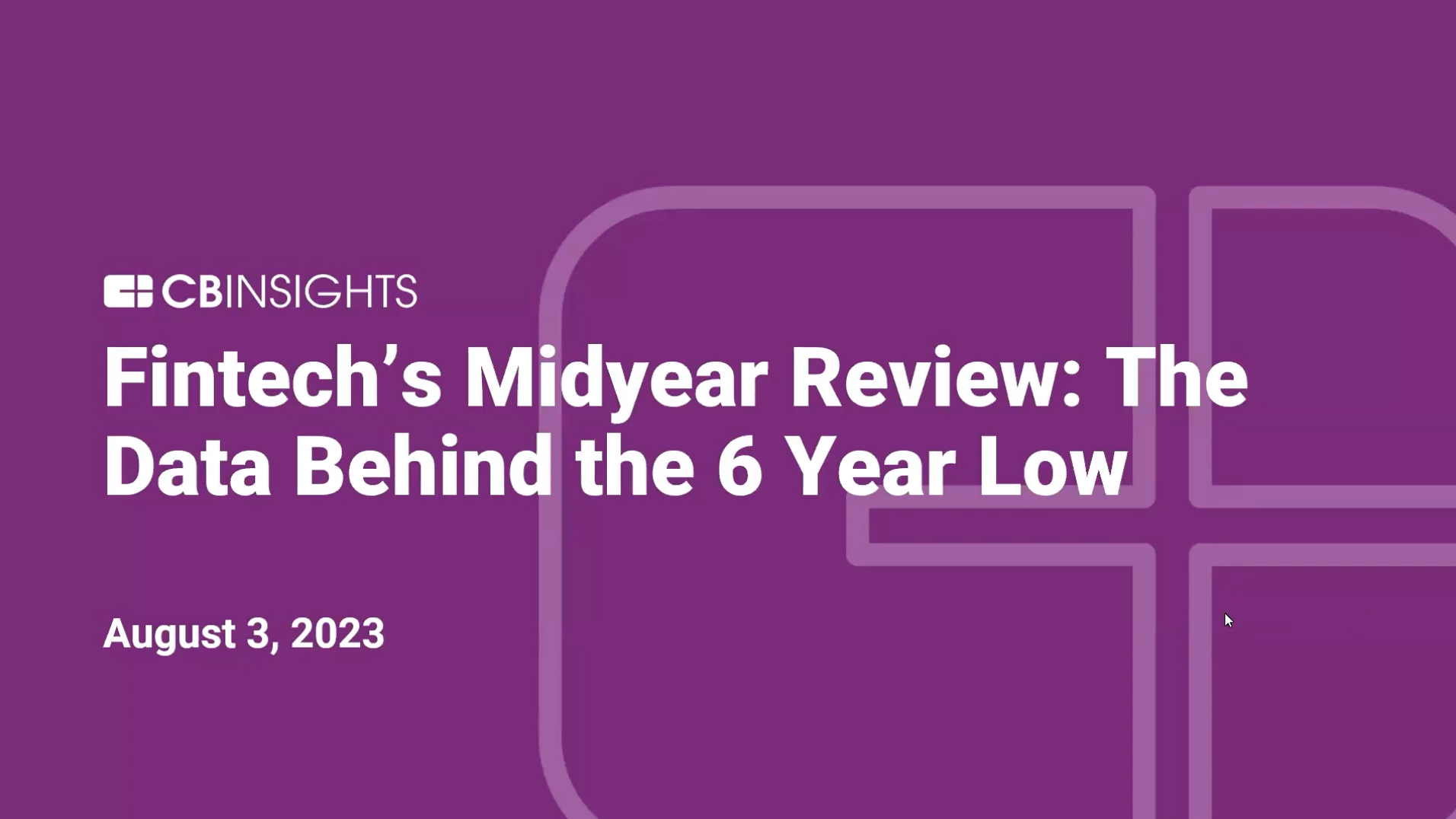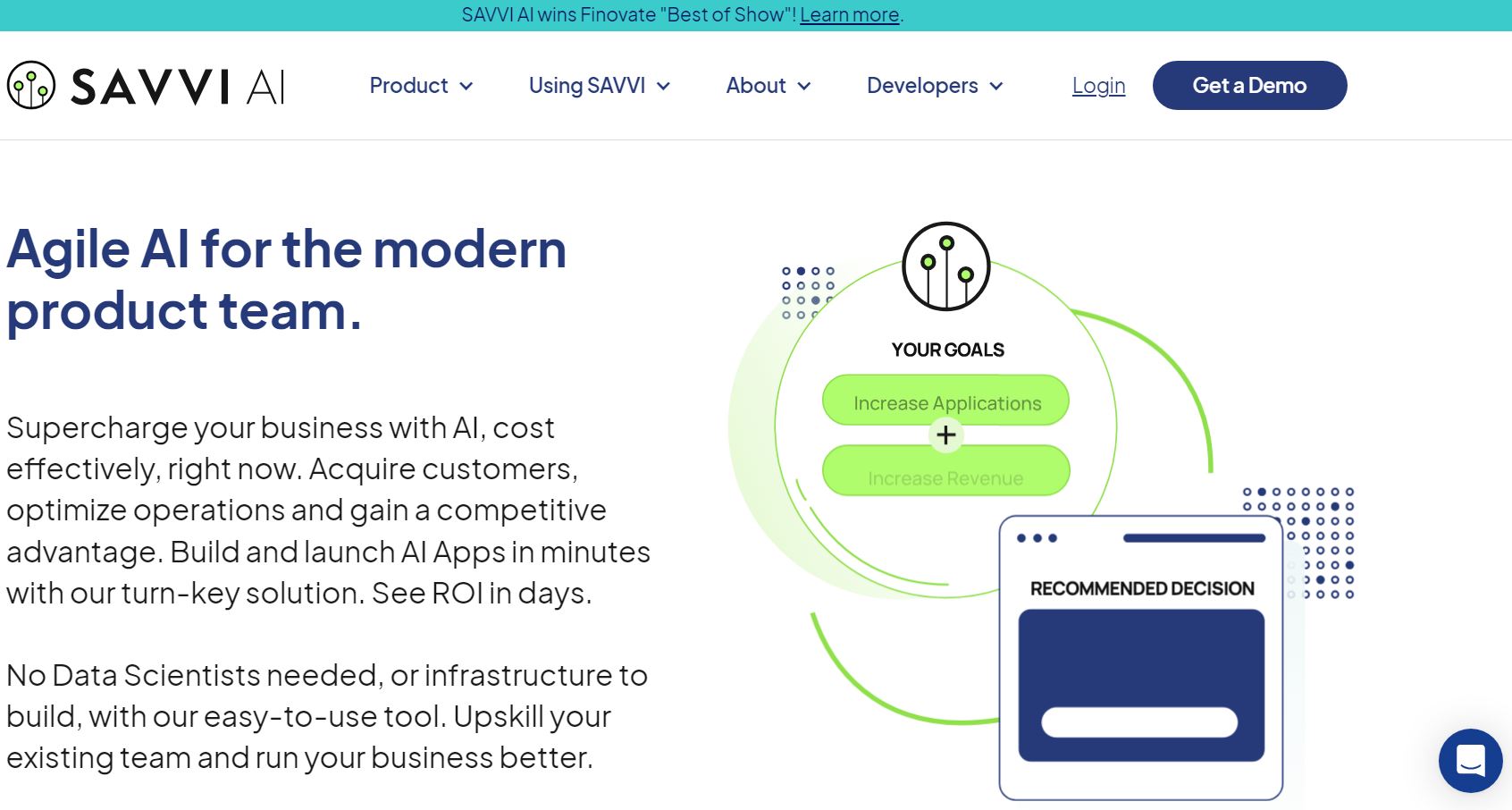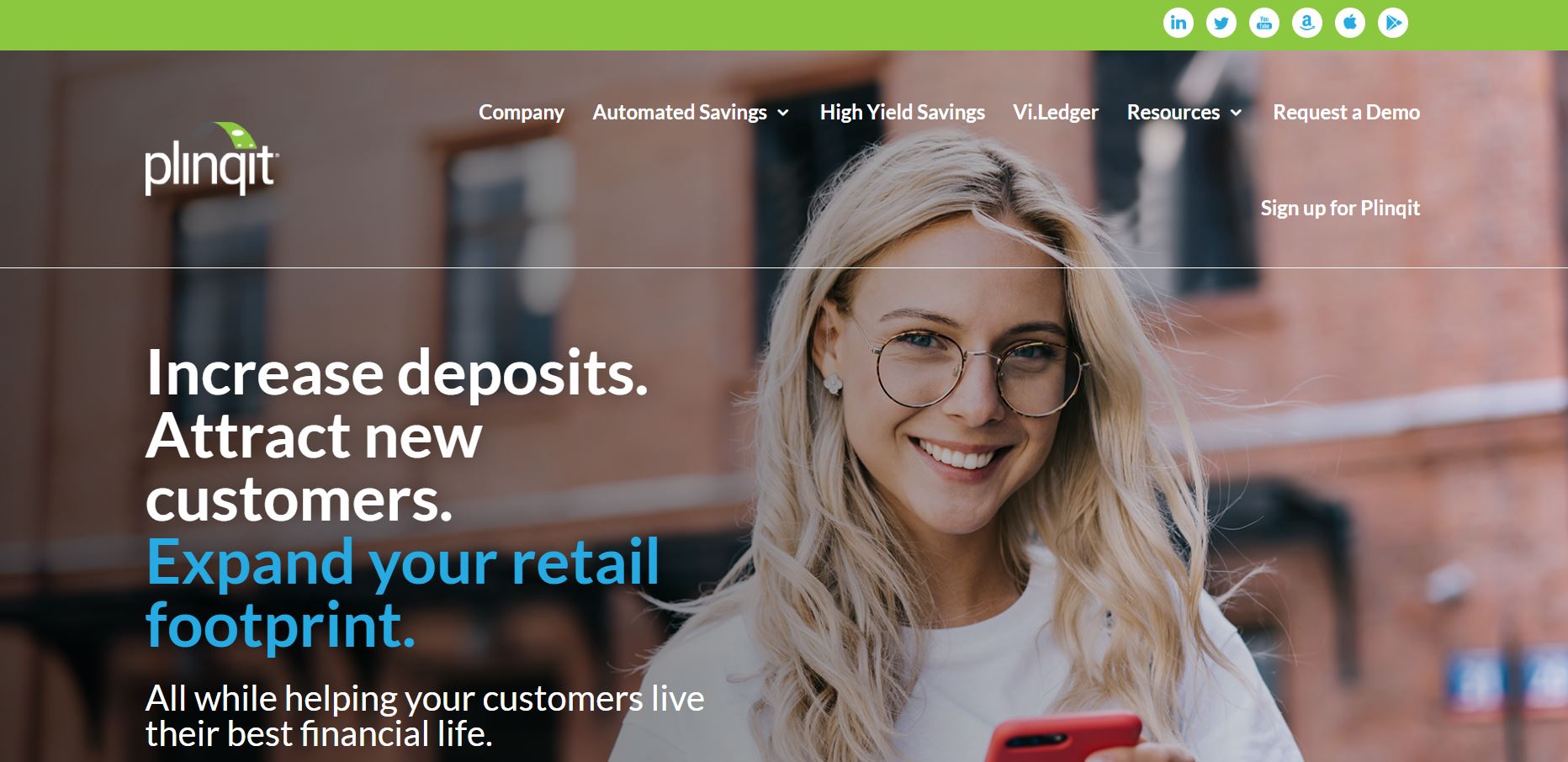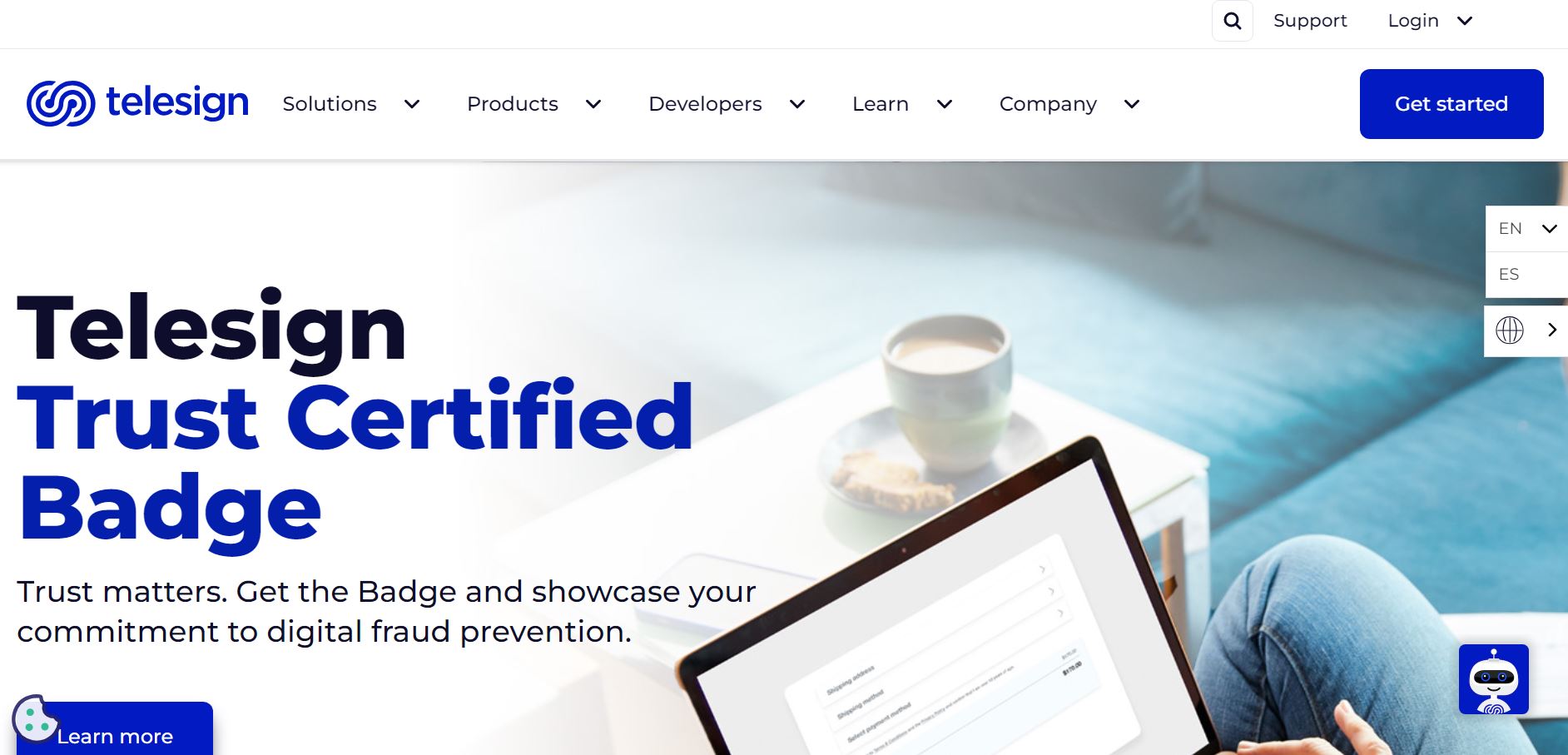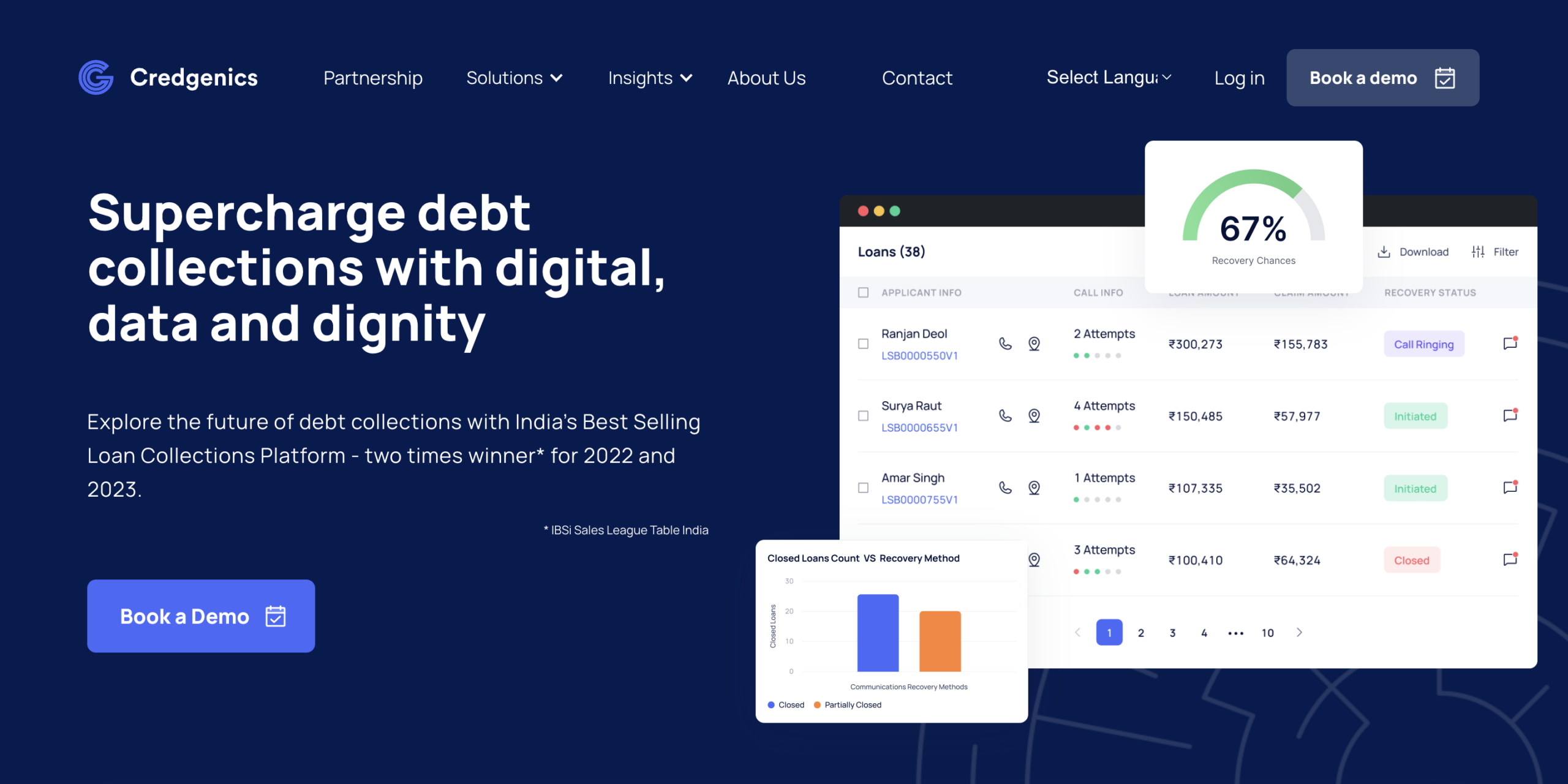
- Currency risk management company Finofo launched today.
- The Calgary-based startup announced that the first phase of its launch is the release of its cross-border payments tools.
- Finofo raised $1.25 million ($1.6 million CAD) in pre-seed funding in January.
Canadian currency risk management startup Finofo launched publicly today. The company, headquartered in Calgary, Alberta, calls its platform an “all-in-one” solution for businesses’ financial needs and has unveiled tools for cross-border payments as its first offering.
In an extended blog post Finofo co-founder Prateek Sodhi announced the company’s launch and its mission to help businesses manage currency risk. Sodhi underscored the challenge of managing currency risk, calling it a “multifaceted task that requires specialized talent in finance.” He noted that larger companies can often afford to hire the specialized talent required to effectively manage currency risk. However, Sodhi said, “most regular businesses are left grappling with these complexities with a team consisting mainly of trained accountants and corporate finance specialists.”
To this end, Finofo has built a digital platform that leverages advanced algorithms to examine the intricacies of currency fluctuations for individual businesses. If currency fluctuations become an issue, the platform quantifies the value of the risk. This enables the platform to develop tools and strategies, specific to individual businesses and their financial condition, to manage this risk.
The launch of Finofo, according to Sodhi, will take place in three stages. The first stage, announced today, includes the platform’s cross-border payments tools. These tools enable businesses to send or receive money in more than 40 currencies across 180 countries. Businesses will also be able to use Finofo to convert money into different currencies and automate accounts payable.
The second stage of the launch will involve development of the company’s smart hedge engine. This solution will help streamline currency hedging trade execution to reduce the price risk of currencies during the trading process. Future initiatives include financial planning and analysis solutions to help businesses conduct real-time foreign-exchange risk analytics.
“We’re not interested in merely selling financial instruments,” Sodhi wrote this week. “Instead, we leverage our unique technology to help businesses understand if, when, and how much they need them.”
In addition to its launch announcement, Finofo also disclosed that it raised $1.25 million ($1.6 million CAD) in pre-seed funding back in January. The round was led by Motivate Venture Capital. SaaS Venture Capital, Desjardins Financial Holding, and Sweet Spot Capital also participated.

